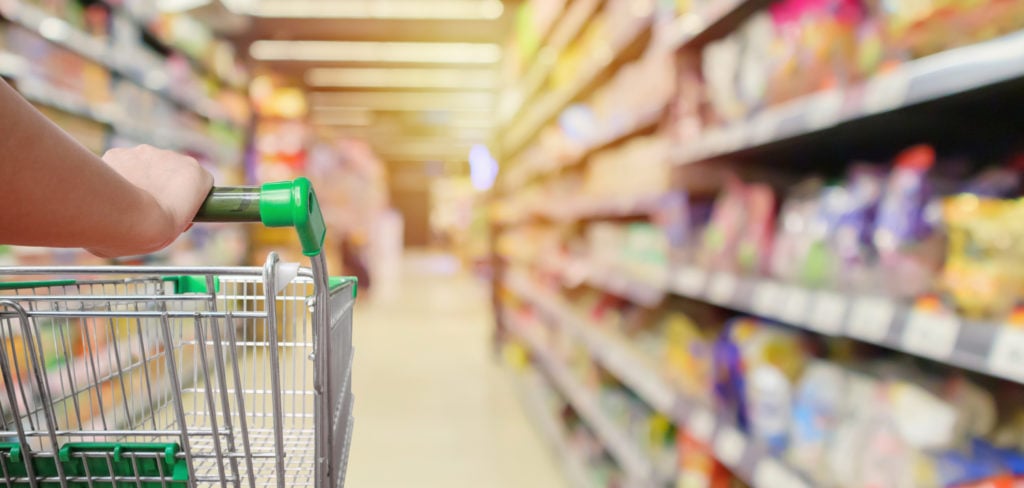In brief
The European Commission (EC), on 30 June 2021, proposed reforms to the General Product Safety Directive (GPSD) in the form of a Regulation, intended to safeguard consumers (see here) (“Proposal“). The Proposal makes substantial amendments to the GPSD, which has been in place for the last 20 years, seek to increase the protection offered to EU consumers in respect of products they purchase, both in store and online, whilst also addressing challenges posed by today’s modern world, which has been reshaped by digitalization and the COVID-19 pandemic. The Proposal also looks to enhance market surveillance of dangerous products in the EU and ensure that any recalls of such products are effective. The Proposal is relevant for any market player which is in any way involved in the sale of products to the EU market.
The Proposal will now be discussed and negotiated by the European Council and the European Parliament.
In depth – the EC’s proposed reform
In line with the EC’s New Consumer Agenda of 2020, the EC has proposed far reaching revisions to the GPSD. Key proposed changes include:
E-Commerce
The EC considers that growth of e-commerce has decreased the effectiveness of the GPSD. This is particularly relevant in circumstances where 70% of consumers shopped online last year. The GPSD did not previously include reference to online sales but the Proposal seeks to regulate the conduct of ‘online marketplaces’[1], requiring them to take on more responsibility (i.e. setting up internal mechanisms, such as conducting additional due diligence) for them to tackle the sale of dangerous products online. Notably, the Proposal sets out binding time windows for online marketplaces to respond to communications from the relevant market surveillance authority.
New technologies
The Proposal aims to tackle the regulation of new technology, an issue being grappled with by regulators around the world. The Proposal seeks to ensure that the EU’s product safety regime can be applied effectively to 21st century developments and can respond quickly to new and emerging challenges and opportunities, including those posed by connected products, software updates and downloads as well as the evolving functionalities of AI-powered products. To address this issue, the EC has expanded certain definitions, such as:
- ‘product‘, which now expressly includes a reference to items which are interconnected to other items, and;
- ‘safe product‘, which requires a product to stay safe during the actual duration of use, bearing in mind its evolving, learning and predictive functionalities . In addition, whether a product is, in fact, a ‘safe product’ is now to be assessed against a set of much broader standards, which refer not only to physical characteristics and presentation, but also to EU and international standards, voluntary certification schemes, the state of the art and technology, including the opinion of recognized scientific bodies / expert committees, and reasonable consumer expectations.
The Proposal also addresses responsibility for product safety where a substantial modification is made to a product; the person performing that substantial modification will be considered a ‘manufacturer’ of that product.
Market Surveillance
The Proposal seeks to address a perceived lack of internal coherence in the EU legal framework in relation to market surveillance. All products (including harmonized and non-harmonized products) will benefit from updated rules on market surveillance which would provide the market surveillance authorities with greater powers..
The Proposal also looks to increase effectiveness of market surveillance across the EU via the establishment of a Consumer Safety Network, a network of the Member States’ authorities responsible for product safety to exchange information, execute joint surveillance projects and improve cooperation at EU level with regard to the tracing, withdrawal and recall of dangerous products.
Market surveillance authorities may also be able to impose much larger fines on businesses who do not comply, with the current drafting stating that the maximum amount of penalties is 4% of the economic operator’s or online marketplace’s annual turnover in the Member State or Member States concerned; a potentially hefty fine indeed.
Product Recalls
The improvement of the effectiveness of product recalls across the EU has been a key objective in the formulation of the Proposal. If the Proposal becomes law in its current state, economic operators will become obliged to notify through the Safety Business Gateway once they have received notice of any ‘accident’ caused by a product which has been made available. No definition of ‘accident’ is provided, nor any indication as to the necessary severity of such accident to warrant a notification. Furthermore, the Proposal mandates that such notification should be made by the manufacturer (or, where relevant, one of the other economic operators) within just two business days of knowledge.
In terms of the practicalities of recalling a product, all economic operators (including manufacturers, distributors and importers) have an obligation under the Proposal to act to recall dangerous products, with online marketplaces also being obliged to cooperate to ensure effective product recalls. Detailed provisions as to the contents and form of the recall notice have also been included in the legislative proposal, presumably for standardization purposes.
Step change and post-Brexit challenges ahead
The Proposal, if adopted as currently drafted, will provide a step change in the regulation of product safety and recall in the EU, even though the existing rules are already amongst the most comprehensive in the world. As a result, if the Proposal becomes law, businesses will need to adapt current practices so as to avoid their being sanctioned by market surveillance authorities who have been gifted greater powers by the revisions, including the ability to potentially issue much higher penalties.
In addition, following Britain’s exit from the EU, if the Proposal becomes law and is not replicated in the UK during its own review of its product safety regime, it could pose a significant challenge for companies selling products on both the UK and EU markets, who would be required to comply with specific (and different) requirements for both the UK and the EU.
No date has been put forward yet regarding proposed timing for the formal implementation of the Proposal. We will watch this space and await further insights as EU level discussions progress.
[1] defined at paragraph 14 of the GPSD proposal as “a provider of an intermediary service using software, including a website, part of a website or an application, operated by or on behalf of a trader, which allows consumers to conclude distance contracts with other traders or consumers for the sale of products covered by this Regulation”.






